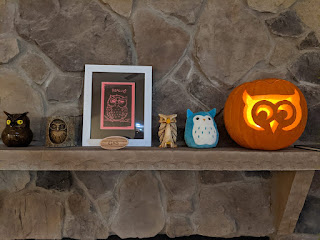"Liberty" Tasks
A "Liberty task" is a small, self-contained task, ready to pick up and just start. No dependencies or blockers. It must be useful rather than make-work, and very often it is one of many similar tasks. It should not require deep thought; it is a thing which can be done, not a thing which surely could be done after figuring out how. In a codebase this might look like a list of tech debt noted over the years, or like the dozen refactorings needed before an unwieldy component can be broken up into three clean components. At home this might look like the ten yearly maintenance jobs needed to avoid early breakage, or like writing out the ingredients needed for each recipe you intend to try soon so that a legitimate shopping list can be created. Some years ago one of the cofounders of the company to which I sell my labor found out he had a brain tumor. He took a step back from being the CTO while he dealt with the immediate mental and physical issues, including brain surgery, but d...
